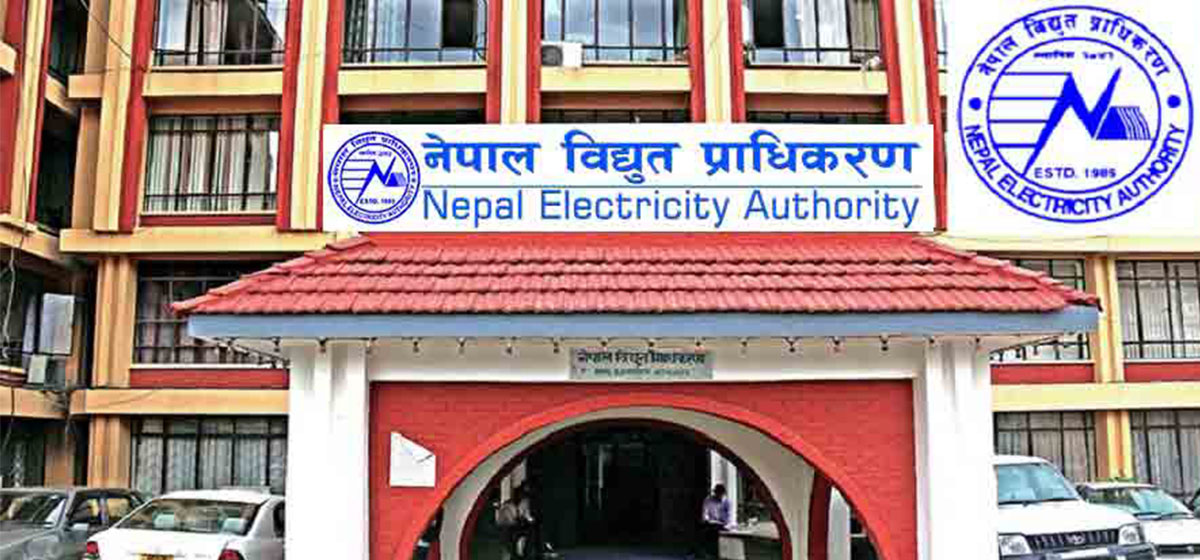Nine months after the election, the parliamentary committees under the House of Representatives (HoR) received their leadership on Monday. The swearing-in of the chairpersons of the 10 thematic committees under the HoR marks a pivotal moment in Nepal's parliamentary democracy. These committee chairs are entrusted with the responsibility of steering vital sectors of governance, such as finance, international relations, justice, agriculture, and more. These appointments underscore the recognition of the essential roles these committees play in Nepal's legislative process. As we move forward, it is imperative to appreciate the gravity of the work carried out by parliamentary committees, often referred to as mini-parliaments. They ensure that the machinery of governance functions smoothly by deepening the understanding of complex issues, building consensus, and holding the executive accountable. In a world characterized by rapid changes and intricate challenges, the importance of parliamentary committees cannot be overstated. As a newspaper, we expect these committees to fulfill their mandated tasks to ensure the smooth functioning of the larger legislative body, hold the executive accountable, and foster good governance.
Robust civic space is crucial for good governance and accountab...

In the democratic system of governance, the parliament stands as a symbol of the people's will, a forum where the nation's most pressing issues are debated, and policies that shape the future are formulated. However, the parliamentary process is far from a simple endeavor; it involves the careful analysis of complex matters that necessitate technical expertise and the ability to navigate through a plethora of information. This is where the mini-parliament, or the parliamentary committee, steps in with its indispensable role in ensuring the smooth functioning of the larger legislative body, holding the executive accountable, and fostering good governance. Parliaments around the world deliberate over matters ranging from economic policies to social reforms, from national security to environmental concerns. These issues are often highly intricate and multifaceted, demanding a profound understanding of the subject matter. It is unrealistic to expect every lawmaker to possess an in-depth knowledge of all these domains. The parliamentary committees bridge this gap by providing a platform for lawmakers to engage with domain experts, scholars, and government officials during the course of their study. By tapping into specialized expertise, these committees facilitate a comprehensive understanding of complex issues, ensuring that legislative decisions are informed and well-considered.
One of the significant strengths of parliamentary committees lies in their inclusivity. Lawmakers come from across parties and diverse professional backgrounds, each bringing a unique perspective to the table. However, this diversity can sometimes lead to gaps in understanding, especially in technical matters. Committees address this challenge by summoning a range of stakeholders, from industry experts to civil society representatives, to share their insights before finalizing bills. This collaborative approach enhances the quality of legislation, leading to policies that are not only theoretically robust but also practically implementable. Moreover, the committee structure encourages consensus-building across political parties. In an increasingly polarized world, finding common ground can be a Herculean task. Committees serve as a neutral ground where lawmakers can put aside their partisan affiliations and collectively focus on the nation's best interests. The closed-door nature of committee meetings provides an environment conducive to open discussions, allowing members to freely question and deliberate issues. This fosters an environment where the pursuit of truth and the formulation of effective solutions take precedence over political grandstanding. The culmination of the committee's efforts comes in the form of finalized bills, which are then presented to the larger parliament for consideration. We hope parliamentary committee chairs and parliamentarians understand the importance of parliamentary committees and act accordingly.










_20240703153739.png)
























